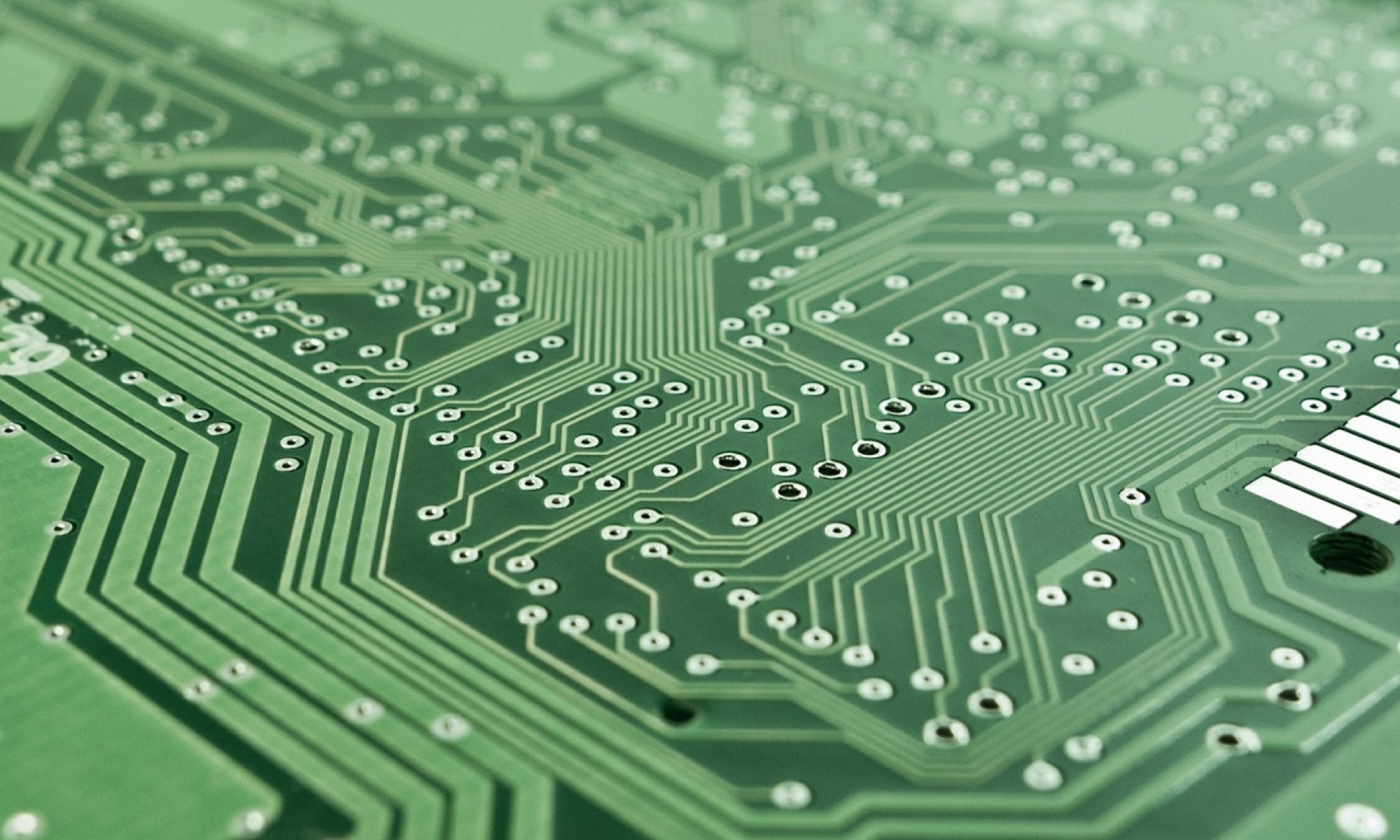The Sustainable Electronics Initiative (SEI), hosted by the Illinois Sustainable Technology Center (ISTC), is pleased to announce the availability of its online “Ask an Expert” service for the submission of questions related to electronics and their environmental impacts.
Questions related to electronic waste, or “e-waste” issues, sustainable electronics design, improving electronics manufacturing processes and related topics can be submitted via an online form available at http://www.sustainelectronics.illinois.edu/services/askexpert.cfm. SEI staff members will provide one hour of free Internet and/or literature searching related to your sustainable electronics question. Also provided is input from ISTC staff scientists and/or referrals to external contacts for further information on technical questions. Responses can be expected within a week (usually within 1-2 business days). Citizens, organizations, government agencies, businesses, non-profit groups, and academic institutions are all invited to use this free service.
The responses obtained from the Ask an Expert service are meant for informational purposes only, and should not be construed as endorsements by SEI, ISTC or any affiliated organization. Responses are also meant to be starting points for inquirers rather than definitive answers, advice or prescriptions for action. Inquirers must draw their own conclusions based upon the information provided.
In the near future, questions and answers received via this service will be archived and searchable on the SEI web site, www.sustainelectronics.illinois.edu. An extensive collection of resources is also under development for the web site, and archived Ask an Expert questions and answers will be integrated into relevant resource collections.
According to the U.S. EPA, Americans own nearly three billion electronic products and continually purchase new ones to replace those deemed “obsolete,” even though about two-thirds of the devices are still in working order. As designers, manufacturers and the general public are becoming more aware and concerned about this issue, SEI’s Ask an Expert service will be one way to address concerns and assist in more sustainable practices.
SEI is a consortium dedicated to the development and implementation of a more sustainable system for designing, producing, remanufacturing, and recycling electronic devices. Members of the consortium include academia, non-profit organizations, government agencies, manufacturers, designers, refurbishers, and recyclers. Specific elements of the SEI include programs for research, education, data management, and technical assistance. SEI conducts collaborative research; facilitates networking and information exchange among participants; promotes technology diffusion via demonstration projects; and provides forums for the discussion of policy and legislation.
For more information on SEI, visit www.sustainelectronics.illinois.edu or contact Dr. Tim Lindsey, Associate Director of ISTC, at 217-333-8955 . For more information on the Ask an Expert service contact Laura Barnes, ISTC librarian at 217-333-8957.
ISTC is a unit of the Institute of Natural Resource Sustainability at the University of Illinois at Urbana-Champaign.
 Note: This post was written by SEI staff, Aida Sefic Williams.
Note: This post was written by SEI staff, Aida Sefic Williams.
 Note: This post was written by SEI staff, Aida Sefic Williams.
Note: This post was written by SEI staff, Aida Sefic Williams. Note: This post was written by SEI staff member, Amy Cade.
Note: This post was written by SEI staff member, Amy Cade.